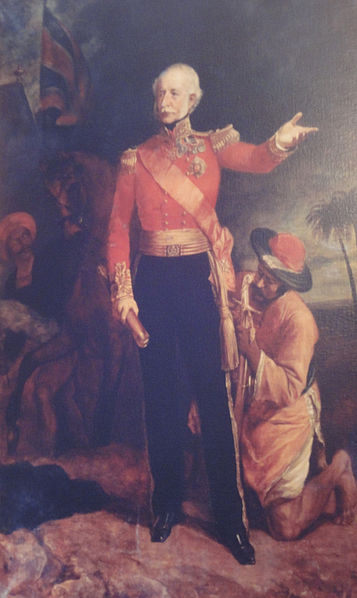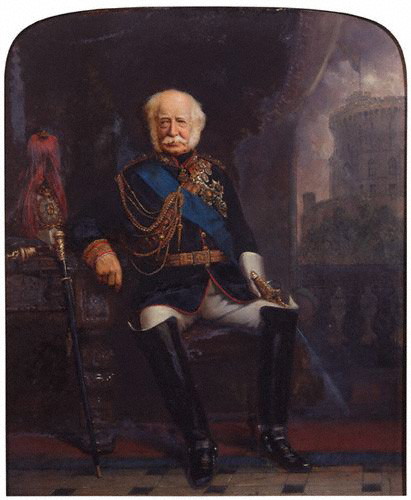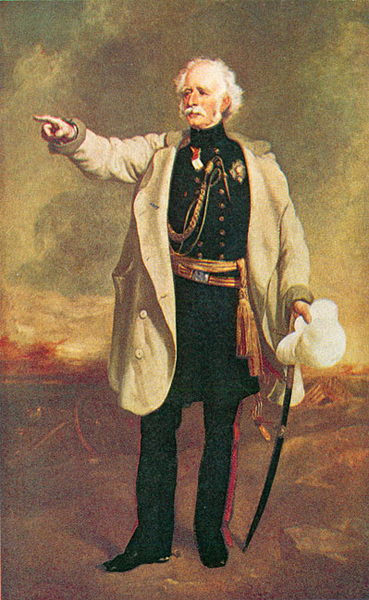<Back to Index>
- Commander - in - Chief in China Field Marshal Hugh Gough, 1st Viscount Gough, 1779
PAGE SPONSOR
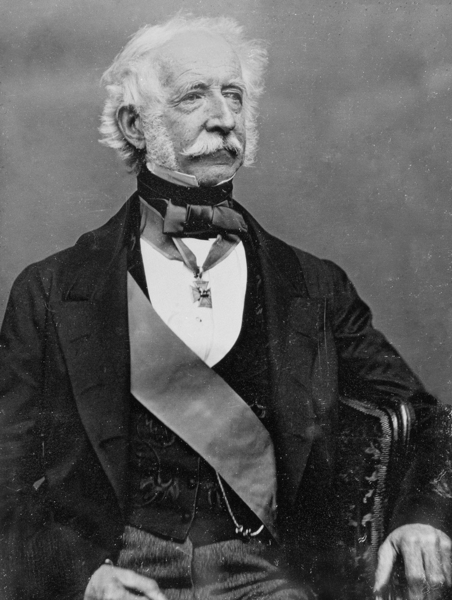
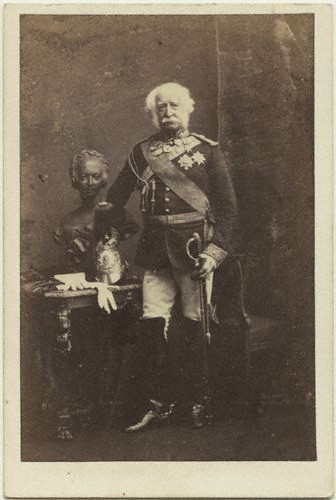
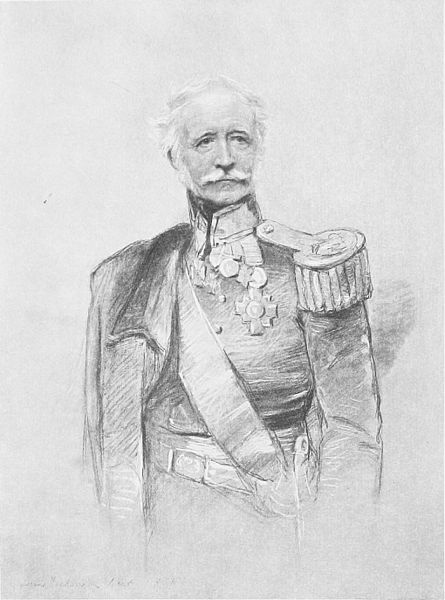
Field Marshal Hugh Gough, 1st Viscount Gough KP, GCSI, KCB, PC (3 November 1779 – 2 March 1869), was a British Army officer. He was said to have commanded in more general actions than any other British officer of the 19th century except the Duke of Wellington.
Born at Woodstown House, Co. Limerick, he was the son of Lieutenant Colonel George Gough (1750 - 1836) of Woodstown House, Deputy Governor of County Limerick, and his wife Letitia Bunbury, daughter of Thomas Bunbury of Lisnevagh House and Moyle, Co. Carlow. He was a member of an old Anglo - Irish family long settled in County Limerick since the early seventeenth century.
Having obtained a commission in the army in August 1794, he served with the 78th Highlanders at the Cape of Good Hope, taking part in the capture of Cape Town and of the Dutch fleet in Saldanha Bay in 1796. His next service was in the West Indies, where, with the 87th (Royal Irish Fusiliers), he shared in the attack on Puerto Rico, the capture of Surinam, and the brigand war in St Lucia.
In 1809 he was called to take part in the Peninsular War, and, joining the army under Wellington, commanded his regiment as major in the operations before Oporto, by which the town was taken from the French.
At the Battle of Talavera he was severely wounded, and had his horse shot under him. For his conduct on this occasion he was afterwards promoted lieutenant colonel, his commission, on the recommendation of Wellington, being antedated from the day of the duke's dispatch. He was thus the first officer who ever received brevet rank for services performed in the field at the head of a regiment. He was next engaged at the Battle of Barrosa, at which his regiment captured a French eagle. At the defense of Tarifa the post of danger was assigned to him, and he compelled the enemy to raise the siege. At Vitoria, where Gough again distinguished himself, his regiment captured the baton of Marshal Jourdan. He was again severely wounded at Nivelle, and was soon after created a knight of Charles III by the king of Spain.
At the close of the war he returned home and enjoyed a respite of some years from active service. He next took command of a regiment stationed in the south of Ireland, discharging at the same time the duties of a magistrate during a period of agitation. Gough was promoted to major general in 1830.
Seven years later he was sent to India to take command of the Mysore division of the army. But not long after his arrival, the difficulties which led to the First Opium War made the presence of an energetic general on the scene indispensable, and Gough was appointed commander - in - chief of the British forces in China. This post he held during all the operations of the war, and by his great achievements and numerous victories in the face of immense difficulties, he at length enabled the British plenipotentiary, Sir Henry Pottinger, to dictate peace on his own terms.
After the conclusion of the Treaty of Nanking in August 1842 the British forces were withdrawn, and before the close of the year Gough, who had been made a GCB in the previous year for his services in the capture of the Canton forts, was created a baronet on 23 December 1842. In August 1843 he was appointed commander - in - chief of the British forces in India, and in December he took the command in person against the Mahrattas, and defeated them at Maharajpur, capturing more than fifty guns. In 1845 occurred the First Anglo - Sikh War, the Sikhs having crossed the Sutlej river in large numbers, and Sir Hugh Gough conducted the operations against them, being well supported by Lord Hardinge, the governor general, who volunteered to serve under him. Successes in the hard fought battles of Mudki and Ferozeshah were succeeded by the victory of Sobraon, and shortly afterwards the Sikhs sued for peace at Lahore.
The services of Sir Hugh Gough were rewarded by his elevation to the peerage of the United Kingdom as Baron Gough of ChingKangFoo in China and of Maharajpore and the Sutlej in the East Indies in April 1846. War in India broke out again in 1848, and again Lord Gough took the field; but the result of the Battle of Chillianwala being a bloody stalemate from which the British withdrew, he was superseded by the home authorities in favor of Sir Charles Napier. Before the news of the supersession arrived Lord Gough had finally defeated the Sikhs in the Battle of Gujarat (February 1849). His tactics during the Sikh wars were the subject of an embittered controversy. Lord Gough now returned to England, was raised to the viscountcy of Viscount Gough, of Goojerat in the Punjab and of the City of Limerick, and for the third time received the thanks of both Houses of Parliament. A pension of £2000 per annum was granted to him by parliament, and an equal pension by the East India Company. He did not again see active service. In 1854 he was appointed colonel of the Royal Horse Guards, and two years later he was sent to the Crimea to invest Marshal Aimable Pélissier and other officers with the insignia of the Bath.
Honors were multiplied upon him during his latter years. He was made a knight of St Patrick, being the first knight of the order who did not hold an Irish peerage, was sworn a privy councillor, was named a G.C.S.I., and in November 1862 was made field marshal. An equestrian statue by JH Foley in Dublin's Phoenix Park was vandalized and later moved to England. In Dublin, Gough was a member of the Kildare Street Club.
Mount Gough on Hong Kong Island, Hong Kong is named after him.
He was twice married, and left children by both his wives. On 24 October 1840 his daughter Hon Jane Eliza - Mona married Captain, later Lieutenant Colonel Gregory Haines, son of Commissiary General Gregory Haines, CB (1778 – 1853) and brother of Field Marshal Sir Frederick Haines, Commander - in - Chief of India. In 1844, another daughter, Hon Frances Maria Gough, married Field Marshal Sir Patrick Grant. Gough was the great uncle of Generals Hugh Henry Gough and Charles John Stanley Gough, both of whom won the Victoria Cross. He was succeeded by his youngest son, George Gough, 2nd Viscount Gough.
